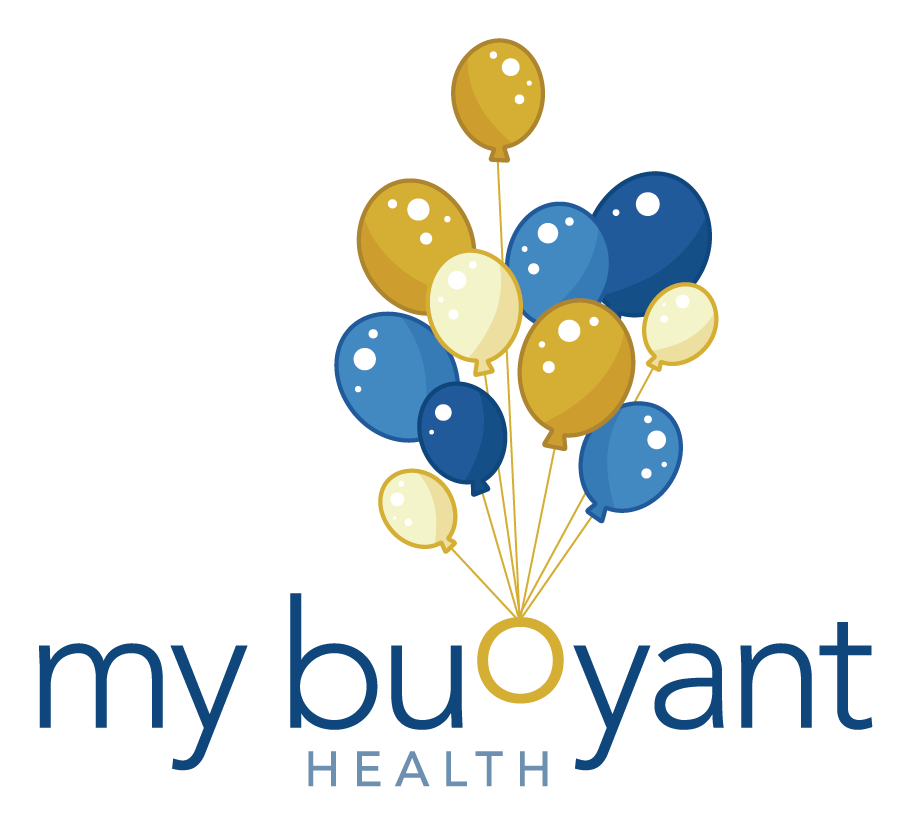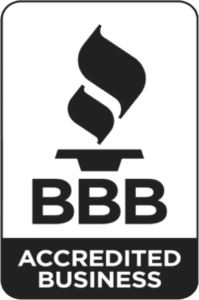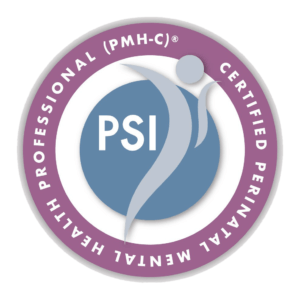
Giving birth to a baby is life-changing. However, for many mothers, this may signal the start of unexpected emotional struggles. Many mothers may wonder, “What is postpartum depression and am I feeling it?”
Postpartum depression (PPD) is a condition that affects countless women after childbirth. Feeling overwhelmed after birth is fairly normal, however, PPD is more than that.
This article explores postpartum depression, its signs and symptoms, and where to seek treatment for it.
What is Postpartum Depression?
The first thing to know is the difference between postpartum blues and postpartum depression. Postpartum blues, which is referred to as “baby blues,” is also very common. According to Johns Hopkins Medicine, it affects up to 85% of new mothers.
These emotional shifts usually occur within the first few days after childbirth and are characterized by mood swings, anxiety, and irritability. Thankfully, these feelings typically fade away on their own within two weeks.
Postpartum depression is more than just the blues. It is a severe mental health condition. It can begin anytime within the first year after childbirth and involves persistent feelings of sadness, hopelessness, and exhaustion.
Mothers experiencing PPD require professional help.
What Causes Postpartum Depression?
Postpartum depression (PPD) can arise from a mix of biological, psychological, and social factors.
Here are some factors that lead to PPD:
- Hormonal Changes: After childbirth, women experience a dramatic drop in hormones like estrogen and progesterone. These hormonal shifts can affect brain chemistry, leading to mood swings and emotional instability, which are common in PPD.
- Social Factors: New mothers often face intense pressure to meet societal expectations about motherhood. This can lead to feelings of inadequacy or guilt, especially if they lack support from partners, family, or friends. These social pressures can make it harder for new moms to manage the demands of caring for a newborn.
- Personal History: A history of depression or anxiety can increase the risk of developing PPD. Understanding these personal and environmental factors can help new mothers and their support networks recognize warning signs early and seek appropriate treatment.
The Signs and Symptoms of Postpartum Depression
Spotting postpartum depression (PPD) early is crucial for getting the right help and treatment. The signs of PPD can differ from person to person, but they usually fall into emotional, behavioral, and physical categories:
- Emotional Symptoms: New mothers with PPD often feel persistent sadness, hopelessness, or irritability. They might cry frequently and feel disconnected from their baby.
- Behavioral Signs: Mothers may start avoiding social activities, neglecting personal care, or losing interest in things they once enjoyed. Struggling to bond with the baby and feeling overwhelmed by parenting responsibilities are also common signs.
- Physical Symptoms: Changes in appetite, trouble sleeping, and constant fatigue can be physical indicators of PPD. While tending to a newborn can be draining, the experience may be further complicated by emotional and behavioral changes. This is usually what happens with PPD.
By identifying the signs and symptoms, families can help get their loved one access to postpartum depression treatment.
Seeking Postpartum Depression Treatment
Getting postpartum depression help is important for both the mother and baby. Early treatment can make a big difference, giving new mothers the support they need to improve their mental health.
There are many ways to seek help for PPD:
- Therapy: Speaking with a mental health professional can provide valuable support and strategies for managing depression.
- Support Groups: Joining a group where other new mothers share similar experiences can be comforting and empowering.
- Medication: Prescription medication can help with managing symptoms of PPD.
A good first step is to contact a mental health center near you. These centers have mental health professionals who can guide new mothers through their recovery. Additionally, reaching out to friends and family for support can help reduce feelings of isolation and create a positive environment for both the mother and baby.
Postpartum Depression Treatment Near Me in Phoenix, AZ
If you are struggling with postpartum depression, reach out to us at My Buoyant Health. Our experienced mental health professionals are experts in postpartum depression treatment. We offer postpartum mental health screenings to help find out your specific challenges and needs.
We care about your mental health and improving treatment outcomes. We will listen to you and provide compassionate support throughout your journey. It is our goal to prioritize the mental health and well-being of new mothers in our community.
To schedule a consultation with one of our mental health providers, call our office today at (602) 510-6582. You can also use our convenient online form to request your appointment.




